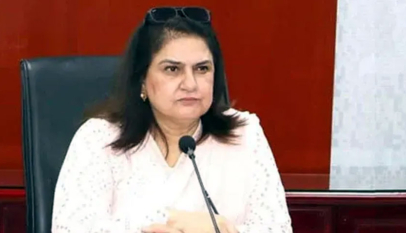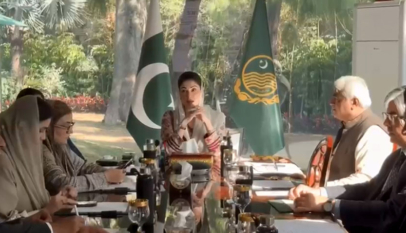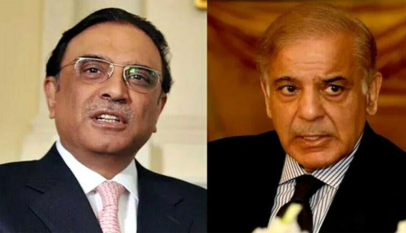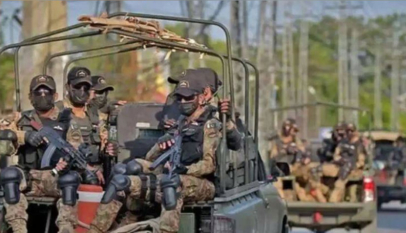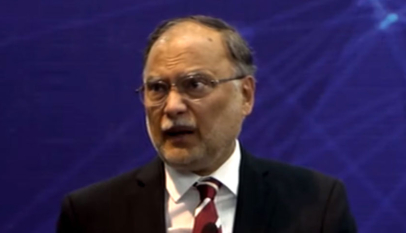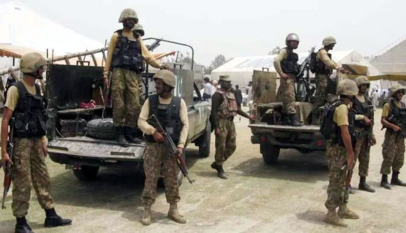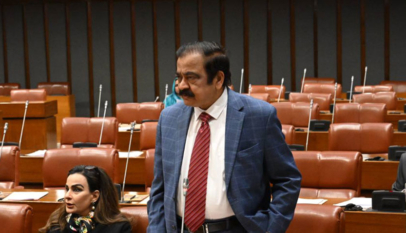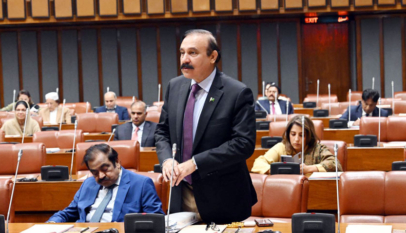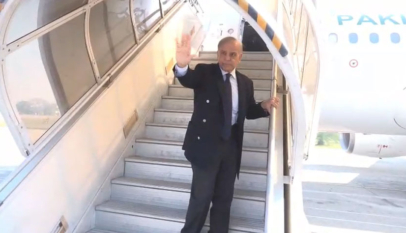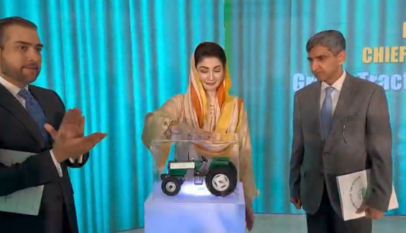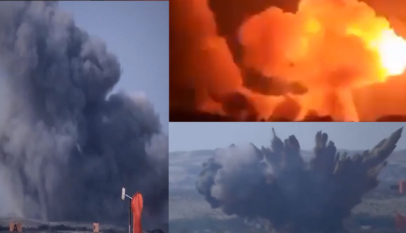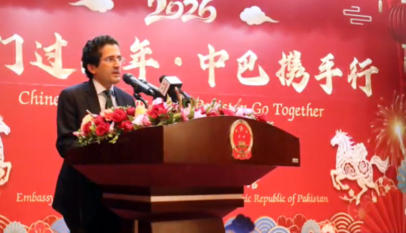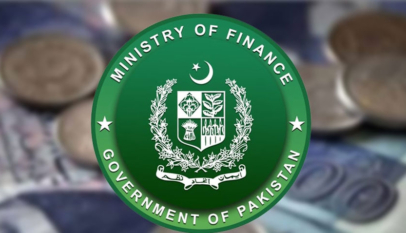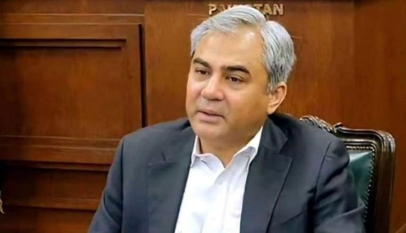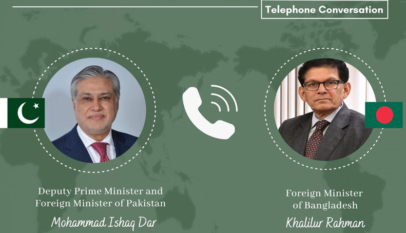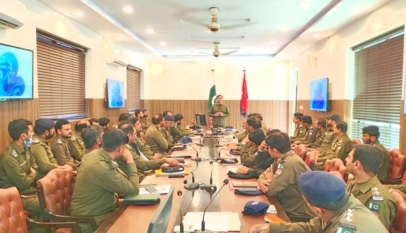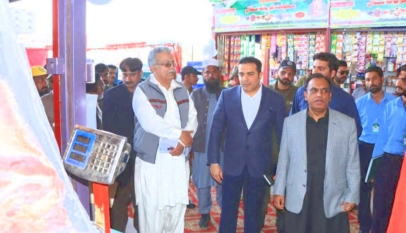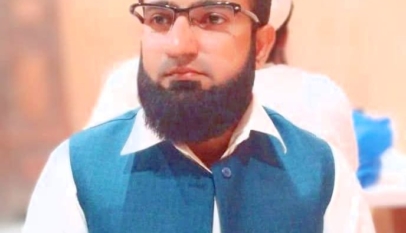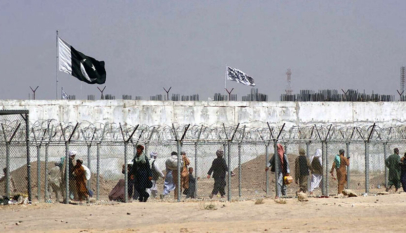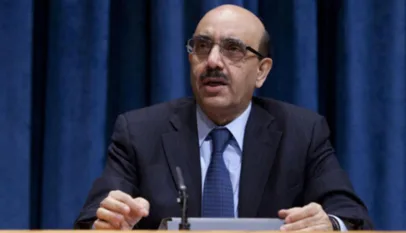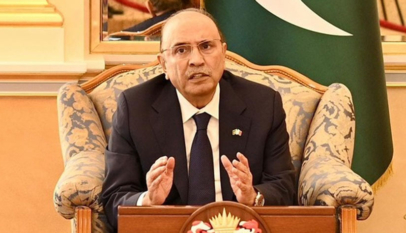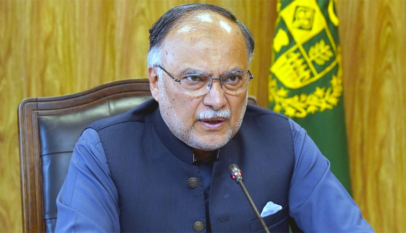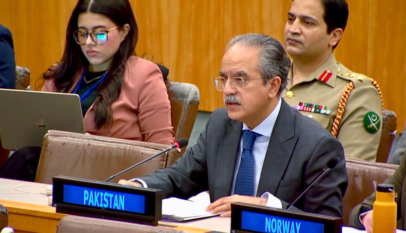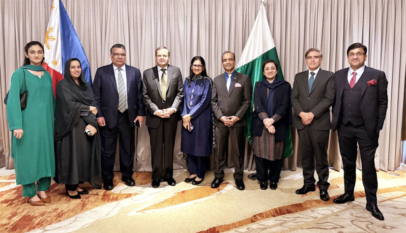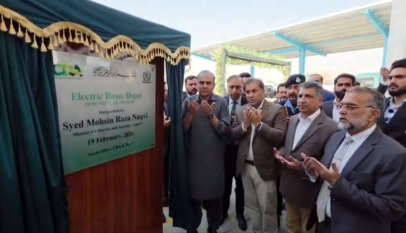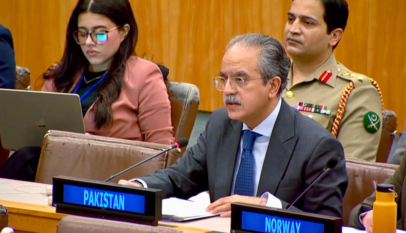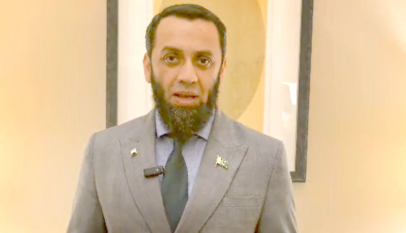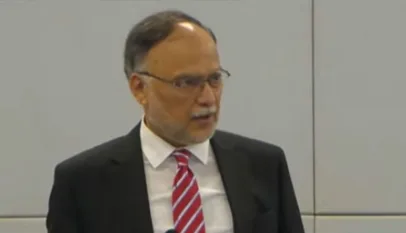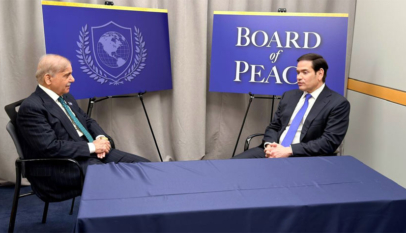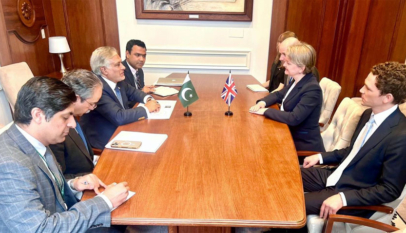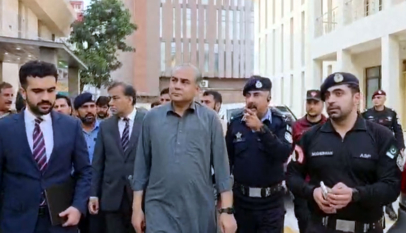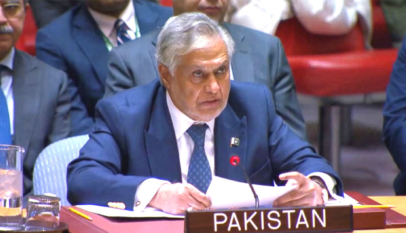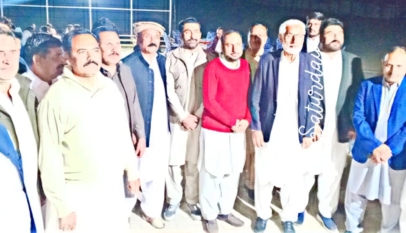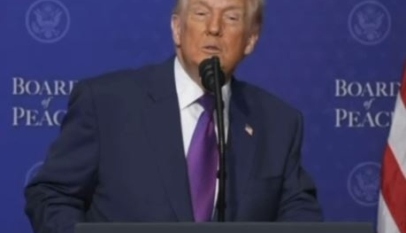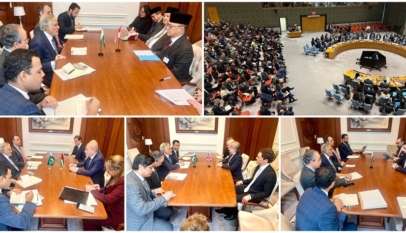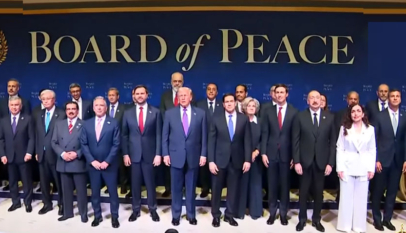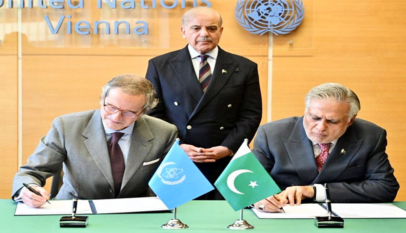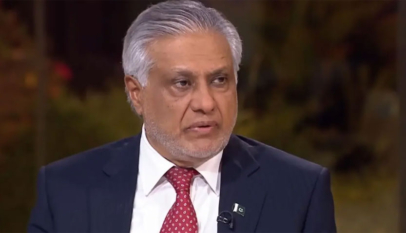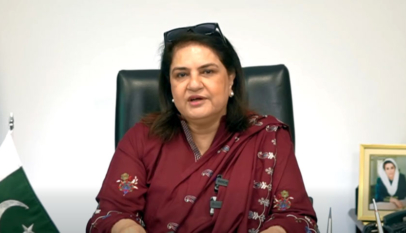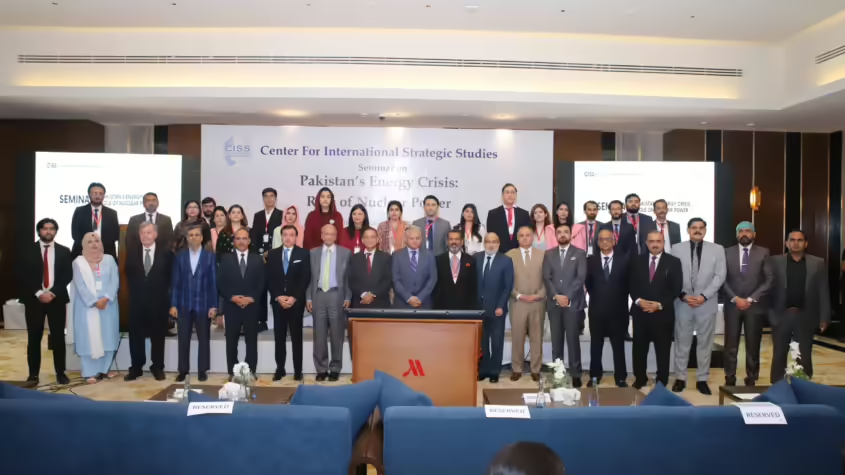
The Center for International Strategic Studies (CISS), Islamabad, hosted one-day international seminar on “Pakistan’s Energy Crisis: Role of Nuclear Power” bringing together stakeholders from different organizations of Pakistan including experts and scholars.
The seminar was aimed at raising awareness regarding the importance of nuclear energy for Pakistan’s socioeconomic development and mitigation of climate change.
The seminar featured keynote addresses delivered by distinguished speakers including Dr Khaqan Hassan Najeeb, Former Advisor, Ministry of Finance, Mr. Tauseef H. Farooqi, Former Chairman, NEPRA, and Mr. Mushahid Hussain Syed, Former Senator and Minister for Information. Dr. Henri Paillere, Head Planning and Economic Studies Section, International Atomic Energy Agency (IAEA) was also one of the speakers on virtual medium.
Participants were from both national and international organizations including Pakistan Atomic Energy Commission (PAEC), IAEA, different think tanks, and universities.
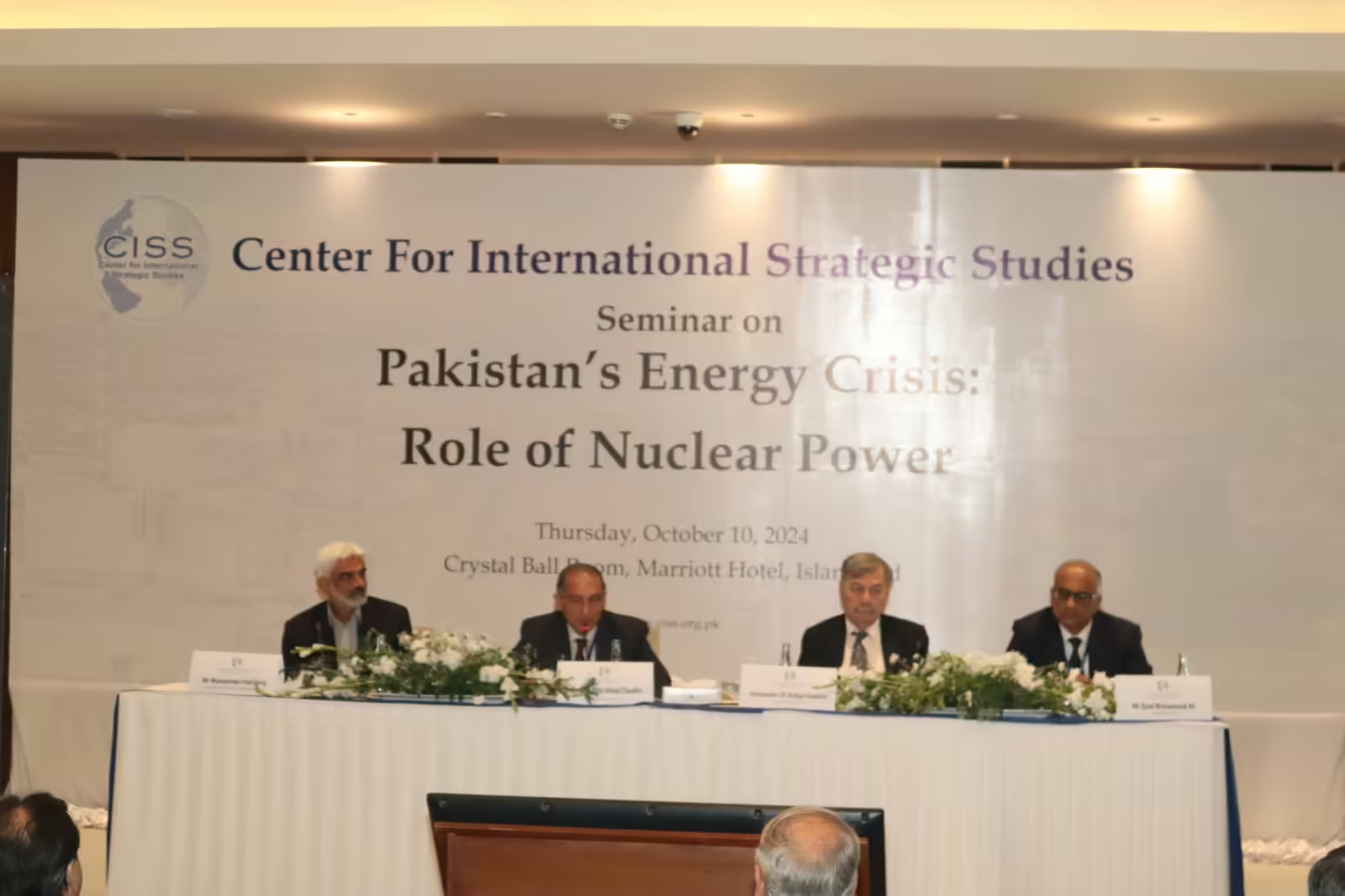
The seminar bringing together stakeholders from different organisations highlighted the achievements of Pakistan’s peaceful nuclear program and its contribution to Sustainable Development Goals (SDGs) including SDG 7 (Affordable and Clean Energy) and 13 (Climate Change) and emphasized the need for increasing utilization of nuclear energy in Pakistan’s power mix, to address socioeconomic challenges and mitigating climate change.
Executive Director CISS, Ambassador Syed Ali Sarwar Naqvi welcome the participants and elaborated the objective of the seminar and Pakistan’s achievements in nuclear energy domain.
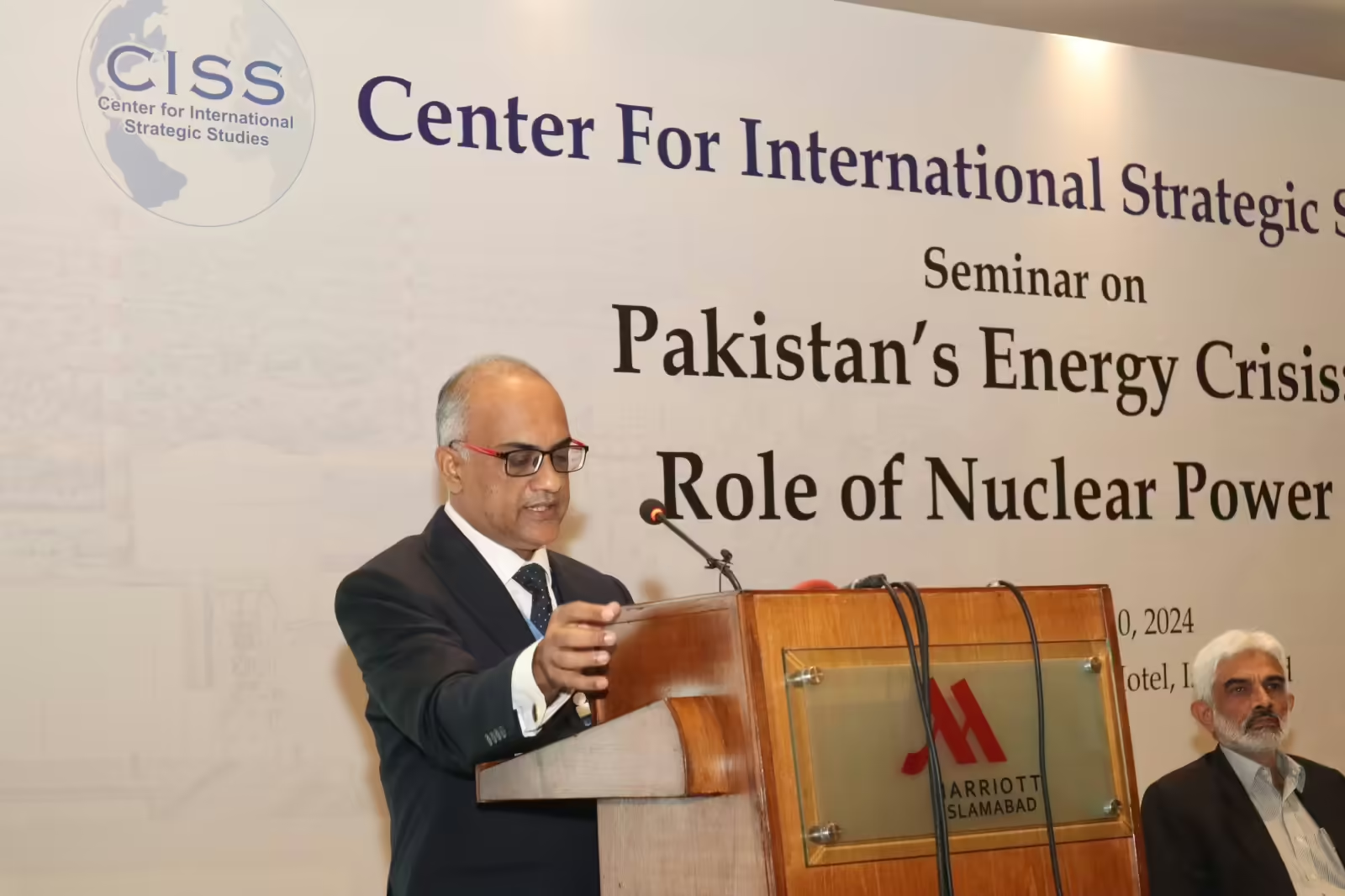
In his keynote address Dr. Khaqan Najeeb emphasized the need of reorganizing energy architecture of the country by ending the slab based tariff and instead incentivizing the use of electricity because currently Pakistan was facing the issue of reduced demand in use of electricity by the industrial and domestic sectors alike while the generation capacity stood over 45000MW. He stressed the need of dynamic modeling in energy sector and added that story of nuclear is worth telling because the plants run for a period of 60 to 80 years with additional edge of energy security as 14-18 months fuel is loaded at a time and the fuel price fluctuation issues are avoided unlike other sources.
On this occasion Mr. Tauseef H. Farooqi former Chairman NEPRA addressing as another key note speaker said the only criterion in selecting which electron is the most suitable should be the one which is affordable, reliable and sustainable and nuclear fulfills all these characteristics. He added that expertise gained by PAEC in operating and maintaining (O&M) nuclear power plants in Pakistan should be exploited and utilized in providing O&M services to countries which are boarding the civilian nuclear power now and in future. He stressed that after COP29, the commitment to triple the carbon free energy all over the world, importance of nuclear power has further enhanced being emission free and sustainable source.
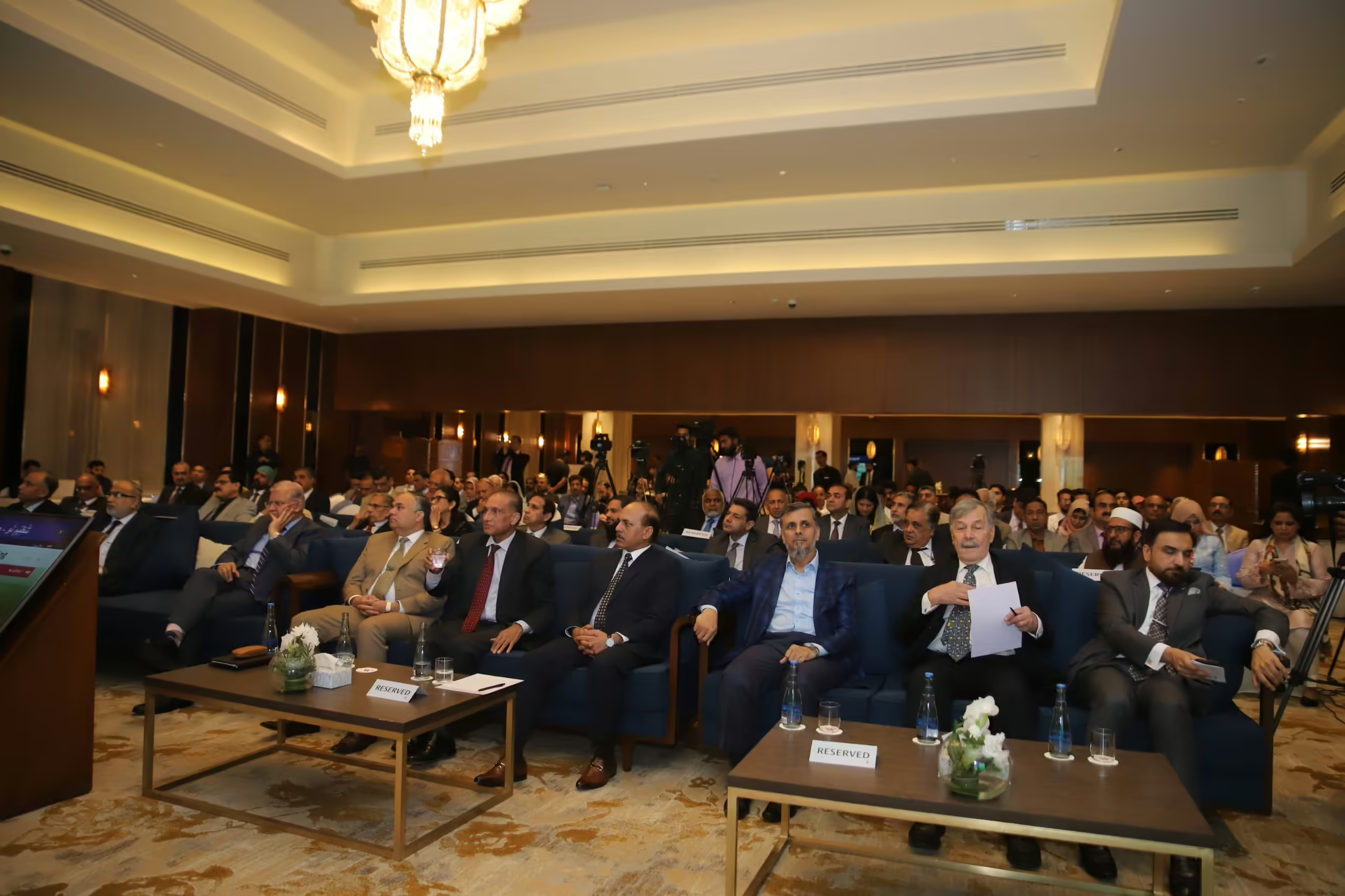
The seminar was addressed online by Dr. Henri Paillere, Head Planning & Financing Studies at IAEA who assessed pros and cons of nuclear power and stressed that nuclear was a long-term solution which is sustainable and its advantages outweighed the disadvantage of high capital cost. He also quoted International Energy Agency (IEA) that “Without nuclear it is very hard to reach our target of emission and carbon free energy”.
Dr. Afia Malik of PIDE also addressed the seminar and said that after the decision of the govt to discontinue supply of gas to captive power plants, nuclear presents a viable option.
Mr. Irfan Tariq, former DG Ministry of Climate Change, highlighted the climate change issues and role of nuclear power in its mitigation.
Ambassador Shafqat Kakakhel highlighted nuclear energy contributions towards achievement of SDGs by Pakistan.
Syed Muhammad Ali, prominent analyst, spoke about role of nuclear power in energy security.
Ambassador Aizaz Chaudhary, former Foreign Secretary and Syed Akhtar Ali former member Planning Commission chaired the sessions.
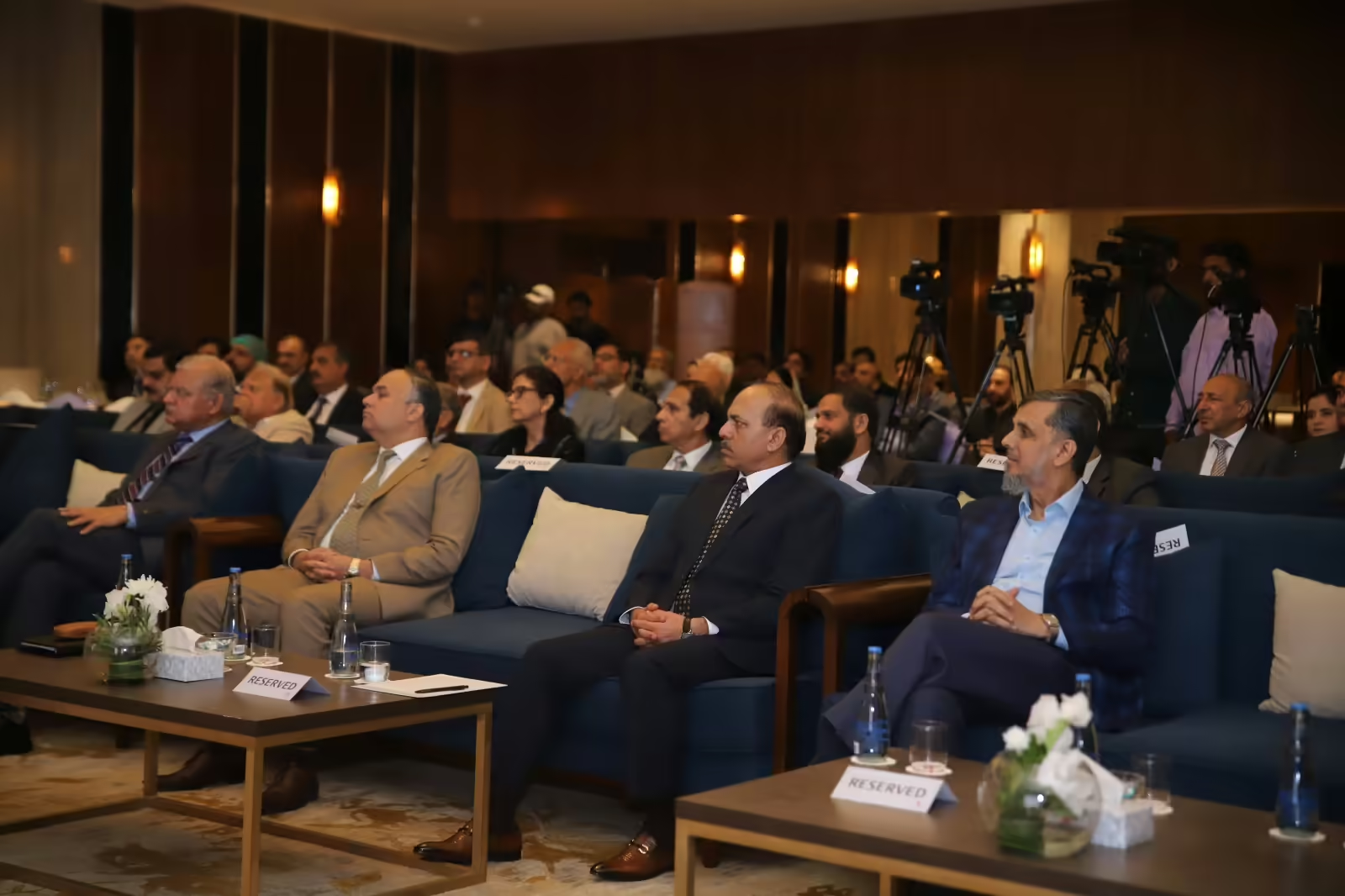
Eminent politician and Senator Mushahid Hussain Syed addressing the seminar as chief guest paid rich tribute to scientists associated with nuclear program of the country and stressed that it is important for Pakistan to shift from fossil fuel to clean options including nuclear power. He acknowledged that nuclear power is clean, green and would work as stimulus for socio economic growth.

